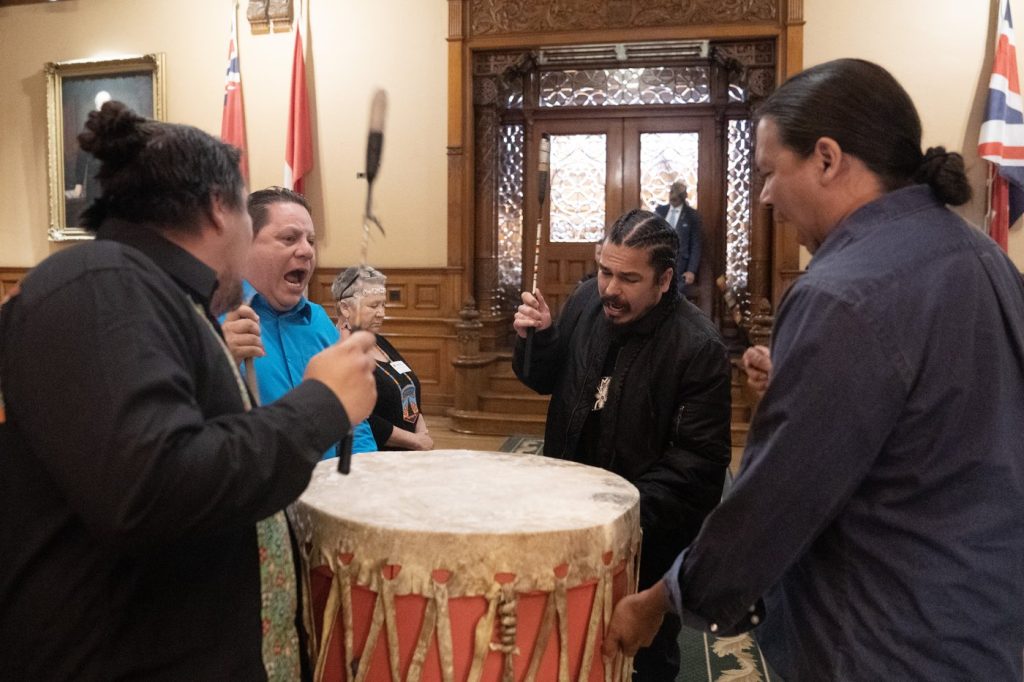OTTAWA — In a notable ruling, an Ontario court judge has deemed a proposed $510 million legal fee for attorneys involved in a First Nations treaty rights case as excessive, ordering a significant reduction of the fee to $23 million. The case in question is centered around the Robinson Huron Treaty settlement, which was reached in 2023, aimed at compensating for unpaid treaty annuities owed to 21 First Nations.
The settlement, amounting to $10 billion, allocated five percent of its total to the legal representatives of the First Nations, which has raised questions surrounding the reasonableness of the compensation proposed for their services. The First Nations argued that since the $4-per-person annuity had remained unchanged since 1874, this situation constituted a breach of treaty obligations. They contended that resource extraction activities on their land have yielded profits significantly surpassing the minimal annuity payments received by their community members.
Two particular First Nations from northern Ontario initiated a court application challenging the attorneys' fees, asserting they were disproportionate. Moreover, they alleged that the lawyers were exerting pressure on them to refrain from seeking independent evaluations of the payments. Justice Fred Myers, in his decision, pointedly remarked that a lawyer’s retainer should not be perceived as a “lottery ticket,” emphasizing that the excessive legal fees must be reimbursed to the First Nations.
This case highlights the ongoing struggles faced by Indigenous communities regarding treaty rights and the recognition of their entitled payments. The Robinson Huron Treaty settlement is significant not only due to its substantial financial implications but also because it represents a broader attempt to rectify historical injustices faced by Indigenous peoples in Canada.
The implications of this ruling resonate beyond just the monetary aspects; it serves as a critical commentary on the dynamics between legal representatives and their clients, particularly in cases involving marginalized communities. As the judicial system grapples with these complex issues, the ruling could set a precedent in how legal fees are negotiated and sanctioned in similar cases moving forward.
The decision was reported on October 29, 2025, reflecting the ongoing developments and legal challenges surrounding Indigenous rights in Canada. The case continues to draw attention to the importance of equitable treatment and compensation within legal frameworks pertaining to First Nations and their historical treaties.
Moreover, the Indigenous community response has included public demonstrations, like a performance by drummers from Toronto supporting the Garden River First Nation, one of the communities questioning the lawyers’ fees. These events showcase the community's commitment to advocating for their rights and ensuring fair treatment in negotiations and settlements.











